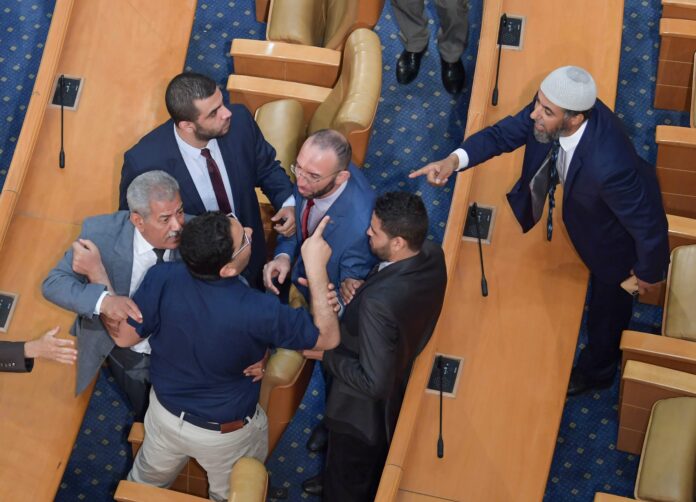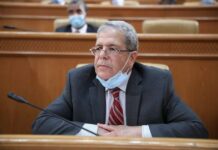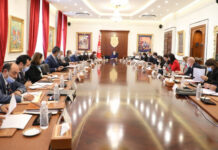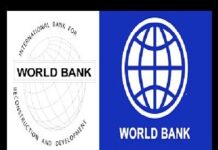Political violence accounted for 13 percent of violence in Tunisia, followed by violence in public space at 9.7 percent, and economic violence at 3.2 percent, and the largest percentage being criminal violence at 71 percent in 2021, according to the Tunisian Forum for Economic and Social Rights.
Najla Arafa, coordinator of the Tunisian Forum for Economic and Social Rights, told Jdd-Tunisie on Thursday (13Th Of 2021) that the monitoring mechanism adopted was to monitor the media and social media sites and follow up on the testimonies of whistleblowers about existing cases of violence, but despite efforts in this file, these figures do not reflect the real reality.
Arafa suggested that the problem of the figures is mainly due to the dimming of data by the Ministry of Justice, stressing that the forum depends in its studies on ratios and not numbers, because the available figures are far from reality, but the purpose of these ratios is to raise awareness of the seriousness of this phenomenon and to look for ways to address it.
Adding “Since July 2020, to date we have witnessed a steady rise in the level of political violence, which has been monitored under the dome of parliament from swears and insults among deputies, and on social media sites for political actors.”
Referring to the reasons for the rise of this phenomenon, the Observatory coordinator explained that deputies believe that they are above the law, because they enjoy parliamentary immunity, which is dangerous because the legislature that legislates laws does not respect it and does not apply it, which gives a negative image of the citizen in dealing with the phenomenon of violence.
We note that since the 2019 elections until the suspension of its functions on July 25, 2021, the People’s Assembly has witnessed several violent confrontations between deputies, mostly based on the exchange of insults and shouting down to physical violence.
What is political violence?
Political violence has been defined as “the use or threat of force to harm and harm others to achieve political objectives,” according to Hassanein Tawfiq Ibrahim’s Book of Political Violence in Arab Systems.
The American sociologist Harold.Nieburg defines it as acts of destruction, sabotage, damage and loss directed at selected targets or victims, environmental conditions, means or tools.
Most definitions indicate that political violence is politically motivated and involves the use of coercion or coercion by community forces against the State or by the State against its nationals, according to the political encyclopedia.
“After July 25, we noticed a qualitative shift in political violence, where there have been attacks from frozen deputies and political opponents of the new resolutions, towards citizens in a variety of forms of violence, including verbal, material and threats, such as speaker of the People’s Assembly Rashid Ghannouchi’s statement about the emigration of some 500,000 Tunisians to Italy, a message of intimidation to Italy,” said Najla Arafa.
She stressed that the discourse of politicians is still based on political violence and threats, since the freeze of the work of parliament the physical violence has stopped and verbal and symbolic violence continues in the media and in the new media.
Political communication professor Dr. Sadiq al-Hammami points out in his academic articles that often, “these violent confrontations between Tunisian deputies provoke anger and anger, and this parliamentary “fight” seems to be an expression of a political culture based on verbal violence, hate speech and political exclusion practices as if conflict (or conflict) is the only way to manage political communication among the new political elites.”
Rifi-JDD











